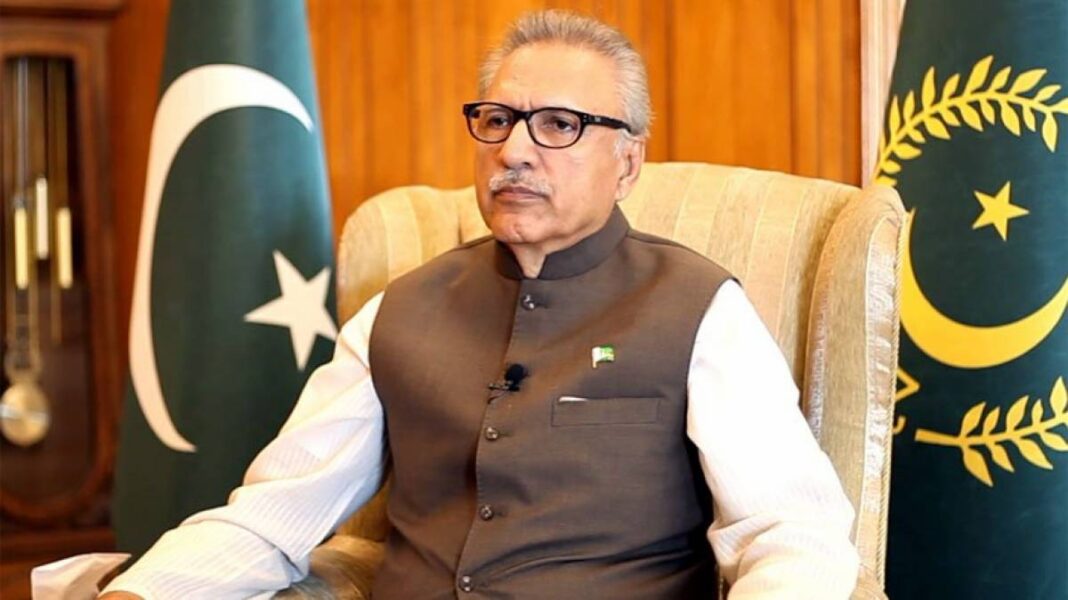Staff Report
ISLAMABAD: President Dr Arif Alvi on Monday emphasized the importance of agriculture sector that could ensure ensure food security and reduce poverty rate in Pakistan.
In his message in connection with the World Food Day, he said the agriculture-led growth could significantly raise farm incomes, increase food productivity, lower food prices, and generate surpluses for exports.
“I assure you that agriculture will remain a key focus of our government, aiming to uplift the economy and bring real change in the lives of the masses”, he said. He said the World Food Day was an important annual event celebrated globally every October.
“This occasion focuses on a theme related to sustainable agriculture, aiming to gather support for policies and actions from governments and other stakeholders.”
In line with the perspective of conserving natural resources for ensuring food security, the president highlighted that this year, the Food and Agriculture Organization (FAO) has introduced a comprehensive theme: “Water is life, Water is Food: Leave no one behind.” This theme is highly relevant, given the current situation in Pakistan.
He said globally, the demand for water had been growing significantly due to rapid population growth, and within about a hundred years, we will require roughly six times more water.
Meanwhile, water availability is gradually diminishing due to increasing demand and water mismanagement, especially in developing countries.
“Pakistan is fortunate to have a unique blend of water resources, including glaciated mountains, the Indus River Water System, and a network of canals and distributaries,” he remarked. The Indus River System is one of the world’s leading irrigation systems, covering approximately 150,000 square kilometers, which is 83% of Pakistan’s total cultivated land. However, diminishing snowfall over the Himalayas and Karakorum Mountain ranges, along with rapid population growth, are exerting pressure on our surface water resources. The president pointed out that in Pakistan, groundwater accounted for about 90% of domestic water usage in rural areas and approximately 50% in the agriculture sector. The seepage of the Indus Basin Irrigation System and rainwater are the primary sources for recharging groundwater. “Due to the unpredictability of canal water supplies, farmers across Pakistan have turned to groundwater pumping. In the Indus Basin Irrigation System, there are approximately 500,000 tube wells, estimated to pump around 50 billion cubic meters of water.”




